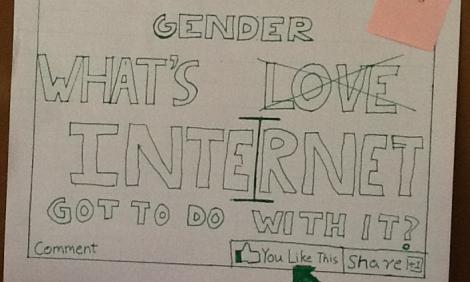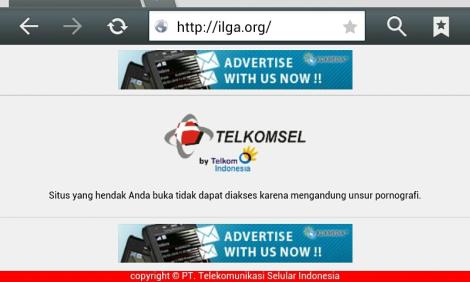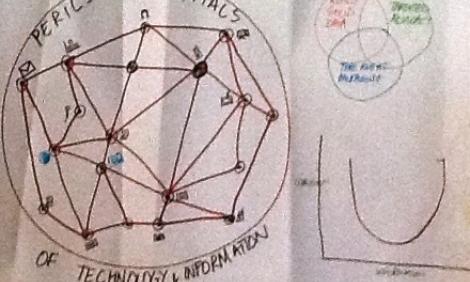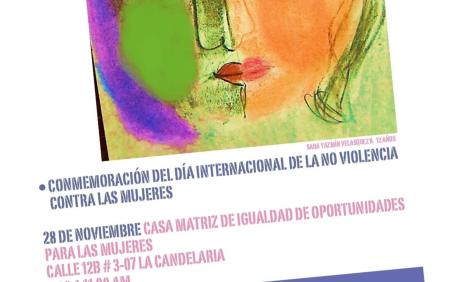
In depth
Tangled, like wool - Sex, sexuality and the internet in India
A recent survey of sexual rights activists in India shows that most consider the internet an integral part of their activism. Tangled, Like Wool explores several intertwined questions arising from this: What does the internet bring to sexual rights activism? Do the online and the offline complement each other in this kind of activism? How does keeping the internet free and open strengthen…

In depth
Indonesia: Put sex on the internet!
This article by Kamilia Manaf and Ni Loh Gusti Madewanti describes how the discourse on sexuality in Indonesia is becoming more political and part of the public sphere due to the impact of the reformations begun in 1998. However, while the internet has provided a space for the advancement of sexual rights in Indonesia, discrimination and violence against LGBT groups and women in Indonesia that…

In depth
How activism shapes your experience of being a citizen on the internet
What does it mean to use the internet freely and fully? What freedom do you have to express who you are, how you live your life, what you desire, dream and believe in on the internet? And how safely can you communicate, contribute, exist, navigate and be in the spaces online that can so powerfully connect you to communities and knowledges that build our sense of self? This article written by…
In depth
Women in the Information Society: Participating in development and ICT policy
One of the main complaints by women during the discussions at the World Summit on the Information Society (WSIS) focused on the need for more women to participate in decisions about the development of the Internet, and the discussion and implementation of public policies aimed at building an inclusive information society, without discrimination based on gender or any other grounds.
Publication
Baseline study: Report on VAW and its reporting system in Philippines
When it comes to gender issues, technology presents opportunities and likewise challenges. Opportunities to promote gender equality and equity to end discrimination are endless and borderless. However, technology has become an unwilling accomplice that inflicts gender-based violence. Statistical data on violence against women and other gender-related crimes are regularly gathered to know if…
Publication
Baseline study: Violence against women and gender based harassment in context of ICT penetration in Pakistan
This report is intended to provide insight into the use of ICT tools as a means of women empowerment, aiming to dissect their use in facilitating women in realising leadership roles in society. The report is meant primarily to tackle the issues of ‘Violence against women’ (VAW) and ‘Gender based cyber harassment’ in Pakistan, and to address these issues by holding a discourse on the use of ICTs…

Editorial
Right into reality
Important achievements were attained at the recent Commission on the Status of Women 57th session reviewing government progress worldwide in addressing violence against women and girls. One such attainment was governments' recognition of the growing role of information and communication technologies in the continuum of violence against women.
Perhaps you are a bit skeptical about…
Perhaps you are a bit skeptical about…

In depth
Violence against women in Colombia: ICT overshadowed
In Colombia there is no law or public policy that relates directly to violence against women and information and communication technologies. "This is a scenario where a lot that needs to be done, but which, at the same time, offers us an opportunity," said Olga Martinez Paz of the organization Colnodo, which runs the Colombia part of the APC project "End violence: women's rights and safety online…
Publication
"What went wrong?" Anita Gurumurthy's statement at the closing ceremony of WSIS plus 10 review
The statement by Anita Gurumurthy, Executive Director, IT for Change, at the closing ceremony of WSIS plus 10 review held by UNESCO from 25th to 27th February, 2013, starts questioning _"what went wrong?"_ in the last decade since the internet should have been been equalising social and economic opportunity. Why did the internet, and the information society phenomenon not do what it was supposed…
Feminist talk
Shape the future of womens' rights, now! We need more responses to our WSIS survey for civil society to have a voice!
APC would like to invite civil society organisations that participated in the WSIS process and that are concerned in some way with the WSIS goal of building a 'people-centred information society' to participate in a survey we are conducting as part of our WSIS +10 efforts.




